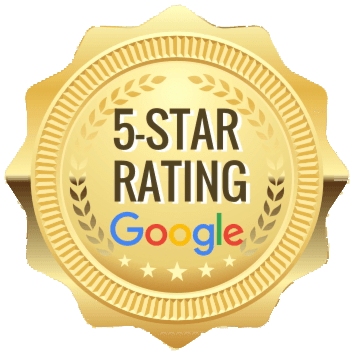In a typical listing agreement, instructions are defined in writing for how both Listing Agent and Buyer’s Agent receive their commission at the Close of Escrow. Industry Standard suggest the Listing Agent receives about 3.5% in a normal transaction while the Buyer’s Agent receives about 2.5%. Does that mean the seller or the buyer pays the normal 5-6%? The answer here can be debated as there are a couple different perspectives. In some sense, the buyer is the one taking the cash to the table and the seller is taking the cash away from the table – there’s a convincing argument to be made that it’s the buyer’s funds that are paying the commissions for both Real Estate agents. On the flip side, Escrow companies will traditionally allocate Real Estate Commissions as a cost to the seller on their final closing statement. It would appear that, on paper, real estate commissions are paid by the seller.
Do I pay commissions when selling my property “For Sale By Owner?
If you are thinking about selling your property “For Sale By Owner” (FSBO), you’re probably already thinking about commissions and whether or not you’ll be responsible for paying them. The answer here is not a simple yes or no and really depends on who the buyer of your property is and how they discovered your property is for sale. If an agent made the introduction between a buyer and seller, it’s a reasonable expectation for a buyer’s agent to expect compensation in one way shape or form. However, if a buyer discovered your property on their own accord and they don’t have a contract in place with a buyer’s agent, no commission would likely need to be paid.
The question of whether an agent deserves commission or not really comes down to what’s called “Procuring Cause” and whether or not “the efforts of a if their outreach and actions resulted in the sale or lease of a property. The broker who is the procuring cause of the transaction is entitled to a commission“.
Selling my house to an Investor
Investors and cash buyers will often market directly to sellers and offer Cash, As-Is offers that put sellers in a position to sell quickly if needed. In cases like this where buyers link up with sellers without the help or involvement of a Real Estate Agent, it’s reasonable to expect no commission to be paid by either buyer or seller. Situations like this provide a great opportunity for sellers to save on paying out commissions and saving on other costs they would have been otherwise expected to pay by going the traditional home-selling route.
In a typical listing agreement, instructions are defined in writing for how both Listing Agent and Buyer’s Agent receive their commission at the Close of Escrow. Industry Standard suggest the Listing Agent receives about 3.5% in a normal transaction while the Buyer’s Agent receives about 2.5%. Does that mean the seller or the buyer pays the normal 5-6%? The answer here can be debated as there are a couple different perspectives. In some sense, the buyer is the one taking the cash to the table and the seller is taking the cash away from the table – there’s a convincing argument to be made that it’s the buyer’s funds that are paying the commissions for both Real Estate agents. On the flip side, Escrow companies will traditionally allocate Real Estate Commissions as a cost to the seller on their final closing statement. It would appear that, on paper, real estate commissions are paid by the seller.
Do I pay commissions when selling my property “For Sale By Owner?
If you are thinking about selling your property “For Sale By Owner” (FSBO), you’re probably already thinking about commissions and whether or not you’ll be responsible for paying them. The answer here is not a simple yes or no and really depends on who the buyer of your property is and how they discovered your property is for sale. If an agent made the introduction between a buyer and seller, it’s a reasonable expectation for a buyer’s agent to expect compensation in one way shape or form. However, if a buyer discovered your property on their own accord and they don’t have a contract in place with a buyer’s agent, no commission would likely need to be paid.
The question of whether an agent deserves commission or not really comes down to what’s called “Procuring Cause” and whether or not “the efforts of a if their outreach and actions resulted in the sale or lease of a property. The broker who is the procuring cause of the transaction is entitled to a commission“.
Selling my house to an Investor
Investors and cash buyers will often market directly to sellers and offer Cash, As-Is offers that put sellers in a position to sell quickly if needed. In cases like this where buyers link up with sellers without the help or involvement of a Real Estate Agent, it’s reasonable to expect no commission to be paid by either buyer or seller. Situations like this provide a great opportunity for sellers to save on paying out commissions and saving on other costs they would have been otherwise expected to pay by going the traditional home-selling route.
It is worth noting that many Real Estate investors and Cash Buyers are licensed Real Estate Agent themselves, but do not act as an agent within a transaction. Many of these investors avoid using their license and charging any sort of commission in order to maximize the offer price and subsequent net to the seller.






